A quick search on Google or any of the other main search engines shows that there are still many fundamental questions about how aging can affect the testosterone level in your body. Questions high on the list are “At what age does a man’s testosterone drop?” or “What should my testosterone level be for my age?”
The answer that a search like this will bring up is that for most men, there is a steady drop-off in testosterone levels after the average peak years, which is in the early 30s for most men. But it’s hard to find a single explanation of what lower testosterone levels can mean for you or how you can deal with any of the problems it could bring.
Let’s quickly go over what testosterone is, and how important it is for males.
Testosterone is a steroid hormone that is produced primarily in the testes of males and the ovaries of females, although the adrenal glands also produce small amounts. It plays several essential roles in the male body, including the development of male secondary sexual characteristics, such as facial and body hair, a deeper voice, and increased muscle mass. Testosterone is also important for maintaining bone density, sperm production, and sex drive. In addition, testosterone helps to regulate metabolism and blood cell production.
Testosterone production generally begins to decrease in men in their 40s and 50s. It continues to decline with age, at an average rate of two percent each year. This decline is sometimes referred to as “andropause” (to match it up with the condition for women in roughly the same age bracket known as menopause). It can cause various physical and emotional symptoms, including decreased sex drive, fatigue, and muscle loss.
Low testosterone levels, whether it’s the result of aging or because of some genetic trait or metabolic disorder, is termed hypogonadism. The condition exists where the gonads (testes in men, ovaries in women) do not produce enough hormones. In men, the most common form is called hypogonadotropic hypogonadism, characterized by a deficiency of testosterone. Symptoms of hypogonadism can include low sex drive, fatigue, and decreased muscle mass.
It is important to note that testosterone levels vary widely from person to person, and not all men experience significant declines in testosterone as they age. Some men have naturally low testosterone levels, while others have levels that remain stable throughout their lives. Speak with your own healthcare provider when you have any concerns about your testosterone levels.
What are the main symptoms of hypogonadism in men?
The most common symptoms in men include:
- Low sex drive
- Erectile dysfunction
- Decreased muscle mass
- Increased body fat
- Decreased bone density
- Decreased body hair
- Infertility
What remedies are there for low testosterone?
There are a few treatment streams for men suffering from hypogonadism, called Hormone Replacement Therapy.
The easiest and least invasive treatment, which carries the lowest risk of side effects, is a gel like AndroForte, which is absorbed directly through the skin when applied once a day.
There are the options of a transdermal skin patch that can be worn on the arm or upper body, or a mouth patch sticking all day behind the front teeth. Compared to AndroForte, these are less convenient and obtrusive.
In another alternative, which is more aggressive, you can undergo regular injections of the hormones into your muscles.
Summary
By restoring testosterone levels, you will recover the traditional benefits of normal testosterone on sexual function, mood, strength and quality of life. There are additional benefits on other aspects of your health, like bone density, reductions in body weight, reduced insulin resistance and the risk of angina.
FAQ
What are the leading causes of hypogonadism?
Male hypogonadism can come from abnormalities of the hypothalamus, pituitary, or testes. Metabolic disorders, like an increase in the rate of conversion of testosterone to estrogen (caused by enzymes) can also contribute.
The symptoms are largely unrelated to the cause and by far the largest contributor to clinical symptoms is the age of onset. Hypogonadism that comes from aging is known as late-onset hypogonadism and its main symptoms are loss of vitality, increased fatigue, erectile dysfunction, loss of libido, depression and poor concentration, and sleep disorders. Aging men may also gain fat mass and lose bone mass, muscle mass and lose strength.
